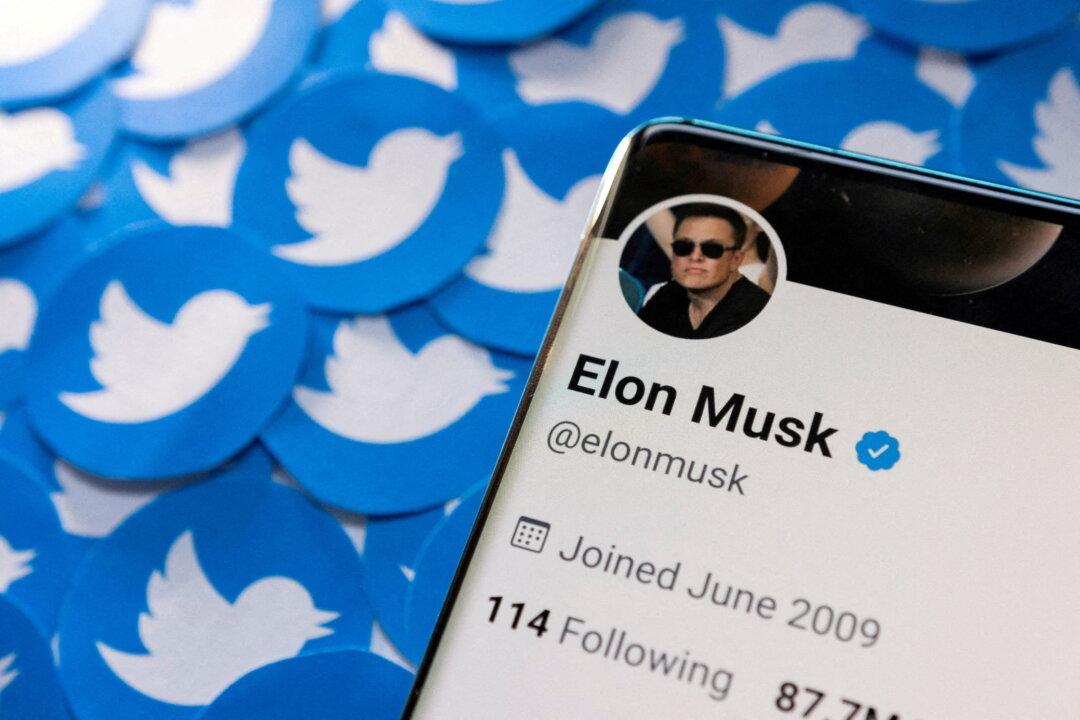Elon Musk’s bid for Twitter has attracted a string of billionaire backers, including one financier with links to a Russian-Israeli tycoon, according to filings submitted to the Securities and Exchange Commission (SEC).
Vy Capital, according to its website is, “a global technology investment firm with a focus on category-defining technology companies with the potential to meaningfully impact humanity.”




